Decoding the Facts: Clear Choice Failure Rate - What You Need to Know
In the ever-evolving landscape of dental care, making informed choices about dental implants is crucial for long-term success.

There are an estimated 100 billion galaxies in the observable universe. That's a lot of galaxies! How did they all come to be?
Galaxies are widespread collections of stars that populate our Universe. But what number of galaxies are there? Counting them looks as if a not possible task.
Sheer numbers are one trouble — as soon as the depend receives into the billions, it takes some time to do the addition. Another trouble is the obstruction of our instruments.
To get a pleasant view, a telescope desires to have a massive aperture (the diameter of the principle reflect or lens) and be placed above the ecosystem to prevent distortion from Earth's air.
Table of contents [Show]
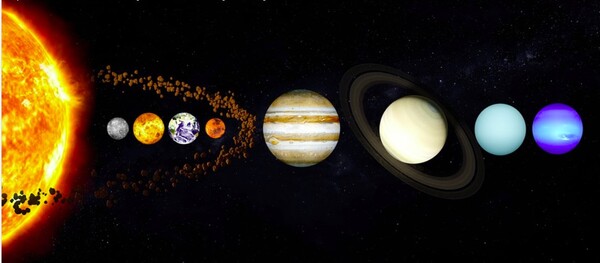
This is a difficult question because, as John Gribbin and Stuart Lawson explain in their book The Meaning of the Universe, "it all depends on how you count them."
According to Gribbin and Lawson, if we count by eye, "about as many galaxies visible in a typical direction through the Universe as there are grains of sand on a busy beach."
However, Suppose we use powerful telescopes to peer deeper into space. In that case, we can see that the previously "empty" black patches between the bright galaxies are filled with faint galaxies too.
If we use infrared telescopes, which can see through the dust that limits our view in optical wavelengths, then we find that there are ten times as many galaxies in a typical volume of space than we can see using optical telescopes.
The number of galaxies continues to increase as we look back because they were closer together in the past. Estimates of the entire galaxies range from 100 billion to 2 trillion.
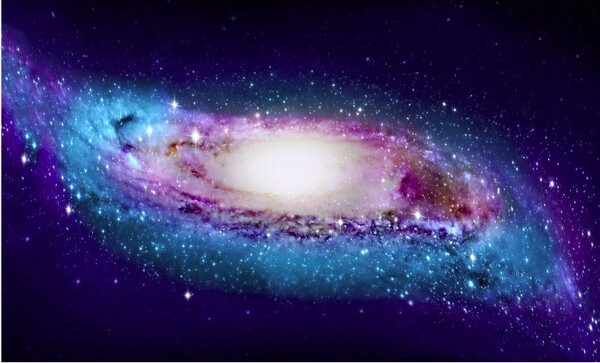
The Milky Way Galaxy is one of the billions of galaxies in the Universe. Our Solar System is located on one of the spiral arms of our galaxy, which we call the Milky Way. The Milky Way is a fairly average size spiral galaxy.
It is thought that there are two hundred billion (200,000,000,000) stars in the Milky Way Galaxy. Many more planetary systems could be scattered throughout our galaxy like our own Solar System.
In addition to celebrities, the Milky Way Galaxy contains large clouds of dust and gas. These clouds are where new stars are born.
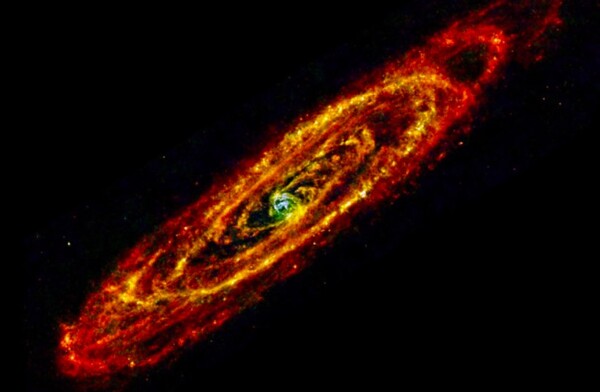
The Andromeda Galaxy, also known as Messier 31, M31, or NGC 224, is a spiral galaxy approximately 780 kiloparsecs (2.5 million light-years) from Earth. It is the nearest central galaxy to the Milky Way and was often referred to as the Great Andromeda Nebula in older texts.
It received its name from the area of the sky in which it appears, the constellation of Andromeda. The New General Catalogue object NGC 224 comprises the Andromeda Galaxy and several stars and nebulae in its immediate vicinity. Andromeda is approximately 220,000 light-years across.
It contains one trillion (1012) stars, more than twice the number included in our Milky Way Galaxy. In visible wavelengths, Andromeda's disk appears about six times as extended as that of our Milky Way Galaxy. And at least twice as developed when viewed in infrared light with Subaru Telescope's COMICS instrument.
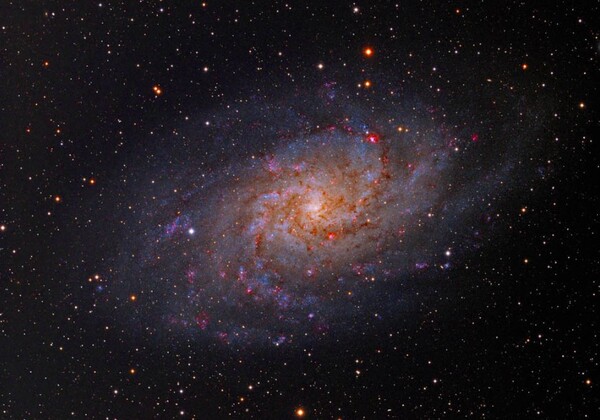
The Triangulum Galaxy (also known as Messier 33 or NGC 598) is a spiral galaxy located about 3 million light-years away in the constellation Triangulum.
It is the third most prominent member of the Local Group of galaxies, behind the Milky Way and Andromeda Galaxies.
The Triangulum Galaxy is one of the most distant naked-eye objects in the night sky and can be seen with binoculars under dark skies. It is also one of the brightest galaxies in infrared light.
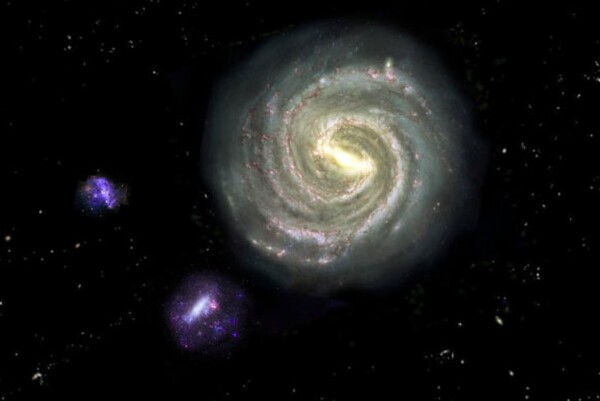
The Large Magellanic Cloud is a nearby galaxy, about 163,000 light years away. It is thought to have about 10 billion stars, making it one of the more massive galaxies.
The Large Magellanic Cloud is one of the Milky Way's satellite galaxies.
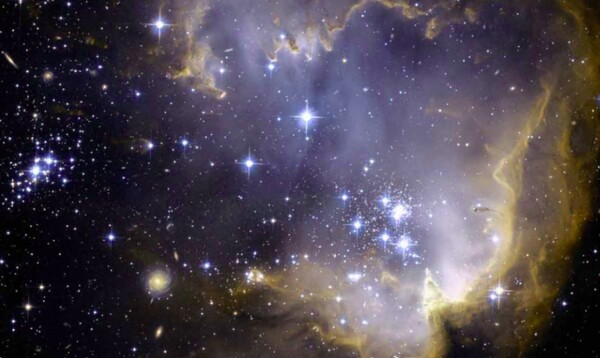
The Small Magellanic Cloud is one of the Milky Way's closest neighbors. It's about 200,000 light-years away and contains about 10% of the mass of our galaxy. In terms of the number of stars, it's thought to have about 7% of the Milky Way's total.
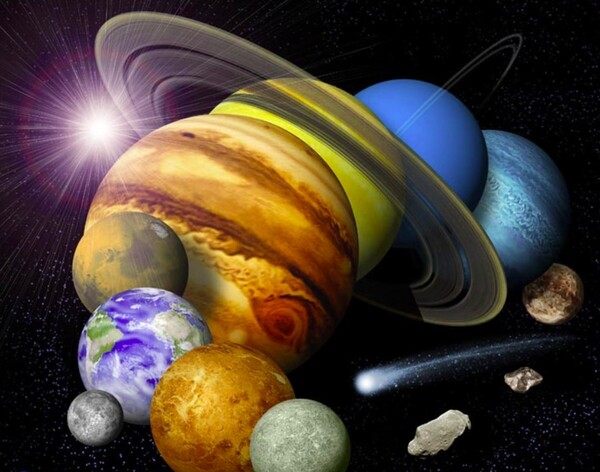
In addition to the Milky Way, billions of other galaxies exist in the observable Universe. Galaxies come in various shapes and sizes, from spiral galaxies like the Milky Way to dwarf elliptical galaxies and galactic mergers.
In conclusion, the number of galaxies in the observable Universe is estimated to be around 2 trillion. This number is constantly changing as more and more galaxies are discovered. The exact number will probably never be known because there are an infinite number of universes that we can never see.
The Milky Way galaxy has satellite tv for pc galaxies and the Large and Small Magellanic Clouds. There are around fifty galaxies withinside the Milky Way, the biggest of that's the Large Magellanic Cloud.
Researchers dubbed this the eXtreme Deep Field. All in all, Hubble exhibits a predicted a hundred billion galaxies withinside the Universe or so; however, this variety is in all likelihood to grow to approximately two hundred billion as telescope generation in the area improves, Livio advised Space.com.
Indeed, a preceding size via means of the Hubble Space Telescope cautioned there had been 2 trillion galaxies unfolding throughout the Universe. But the state-of-the-art discovery counts the most effective masses of billions of galaxies instead.
The deeper we look at the cosmos, the more great galaxies we see. One 2016 observation anticipated that the observable Universe includes trillion—or million—galaxies.
Others exclaimed, "Hold your tongue!" If it's okay with you, we'll burn the house down.
In the ever-evolving landscape of dental care, making informed choices about dental implants is crucial for long-term success.
Discover the unique journey of 'Navigating Life's Beauty: A Cute Girl with Bad Eyesight' - a captivating tale of resilience, redefined style, and the triumph of character where imperfections shine brilliantly.
If you want to withdraw your Coinbase account to your PayPal account, you've come to the right place. Follow these simple steps, and you'll have your money quickly.


